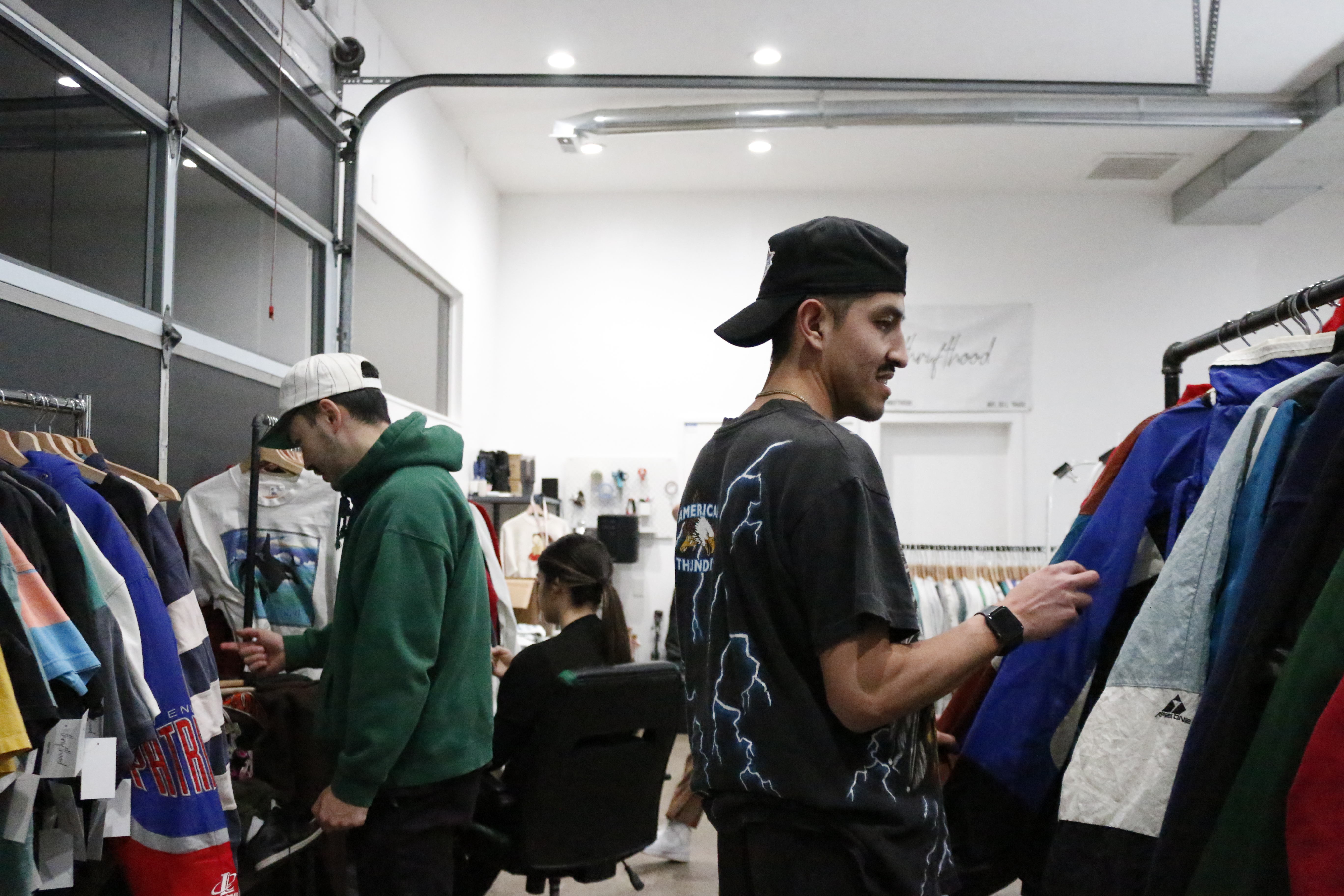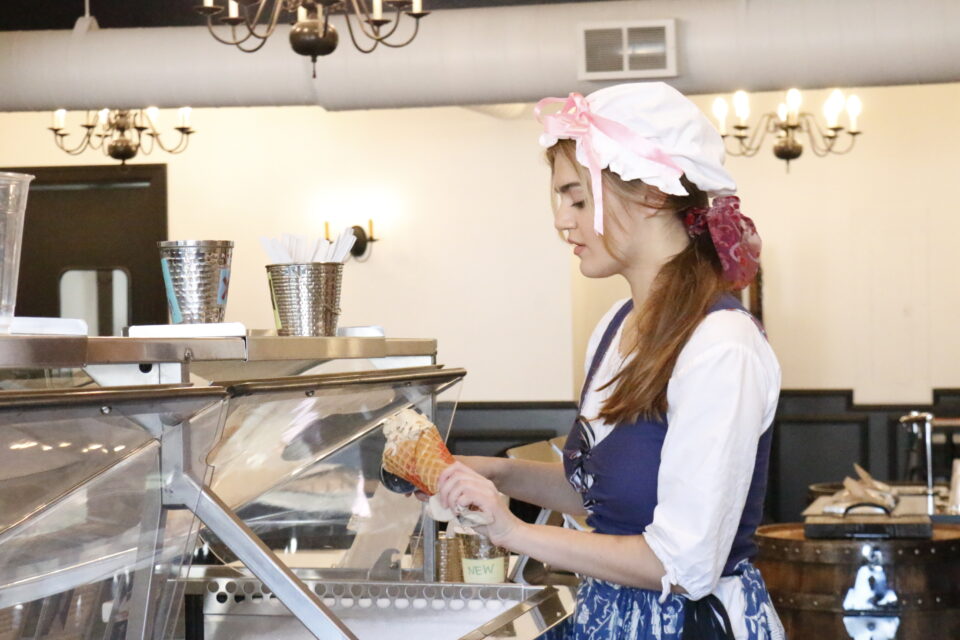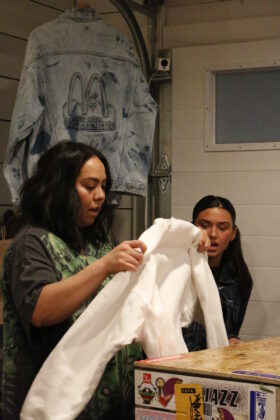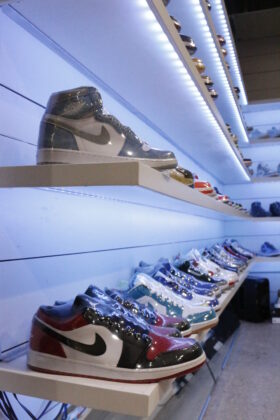
Provo is filled with unique small businesses. From candle-making to curated vintage thrift stores to colonial ice cream parlors, the captivating small business scene seems to be all smiles and easygoing from the outside. However, behind closed doors, these business owners are sacrificing time, money and tears to keep their businesses going.
“It’s a lot of work and a lot of the behind-the-scenes people don’t see,” Thrifthood co-owner Albee Bostrom said.
Even though Utah ranks as the sixth-best state to start a small business, small business ownership is still an everyday fight. Local business owners also faced unique challenges with COVID-19 and its effects on the economy.
“Right now what businesses are having to deal with is the supply shortages due to transportation,” Brooker’s Ice Cream owner Brian Brooker said. “That’s making it harder on all small businesses.”
Outside of the extenuating circumstances of the past few years, there are parts of owning a small business that would be challenging even without a global pandemic and inflation. Owning a business changes relationships and responsibilities and is a continual hustle.
“You have to fight for your small business every day, with or without inflation. It’s just tough,” Thrifthood co-owner Krysten McDade said.
Fighting to stay open and profitable is a huge part of small business ownership. It can be demanding and requires a lot from those who run them.
“We’ve worked really hard, this didn’t all fall into our laps,” Bostrom said. “We’ve cried and bled, there’s a lot of sweat and tears.”
It takes a different kind of determination to be a business owner and entrepreneur. Bostrom said in order to make a business succeed, you have to want it bad enough.
“It doesn’t affect just me anymore, it impacts so many more people,” said McDade. “We have to have that discipline for ourselves.”
One fight most small businesses face is competing with chain stores and retail shops. Their pricing is typically higher because of the quality of products and to be able to keep their businesses going.
Brooker said he gets feedback from customers complaining about the prices of his ice cream, but the product that he makes costs more than a typical fast-food chain.

“If a community wants nice products and services, they need to support them,” Brooker said. “Some parts of the country just have chains like McDonald’s and Burger King.”
Community support is a huge part of what keeps a small business running. Luckily, Utah has good consumer spending, which is one of the reasons it was ranked highly in good places to start a small business.
The Thrifthood owners and Brooker have seen the community support them through COVID-19, helping them stay open.
“The community that we have built is so supportive, it is crazy,” Bostrom said.
For Brooker, wards from The Church of Jesus Christ of Latter-day Saints have been a huge contribution. The student wards in the area have held events there. Even during lockdown, bishops would open a tab for students to come in on their own time to get a sweet treat.
“There are a lot of symbiotic relationships and there is a lot of support from the community,” Brooker said.













